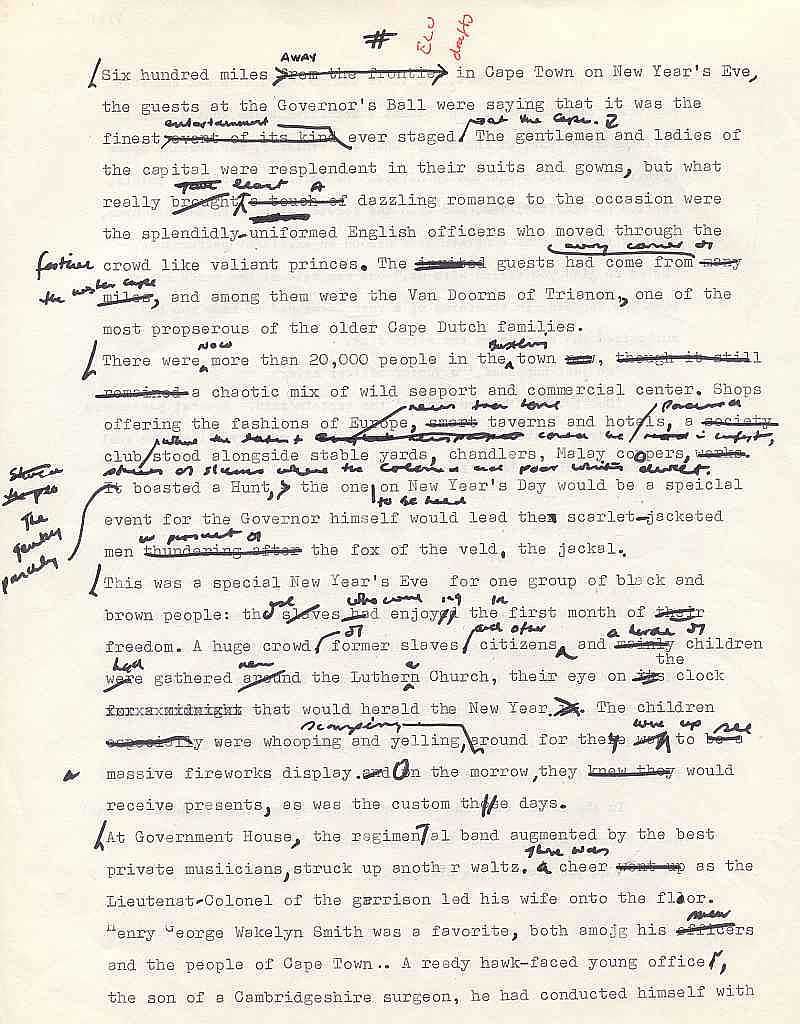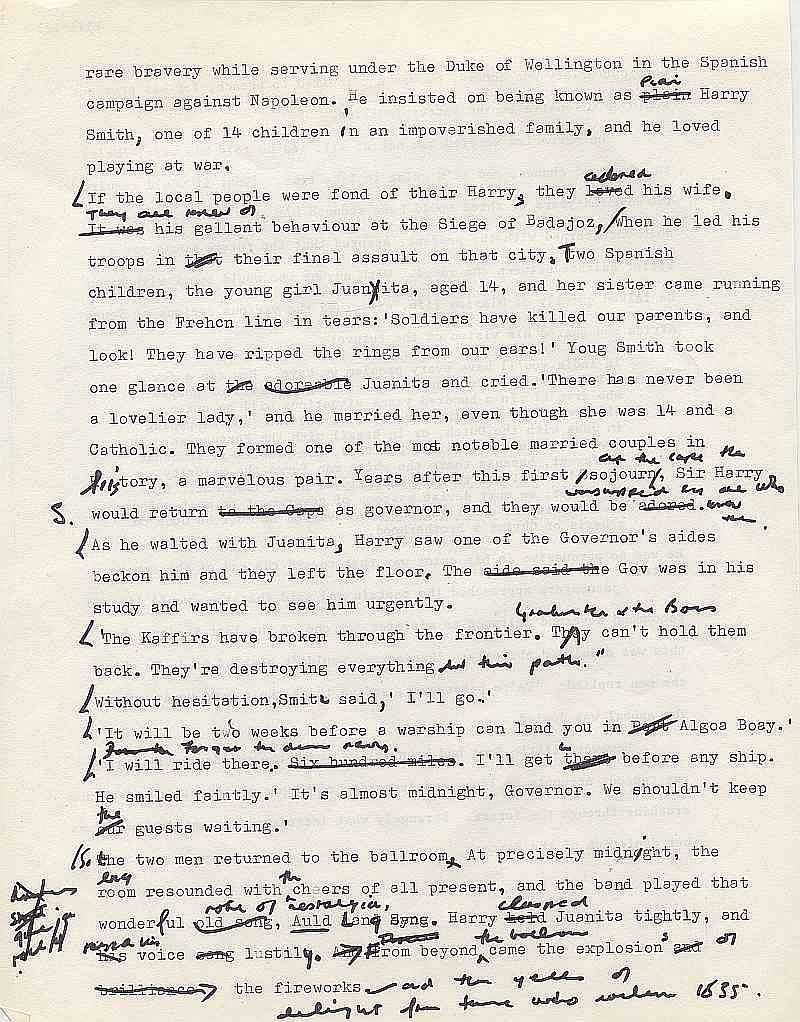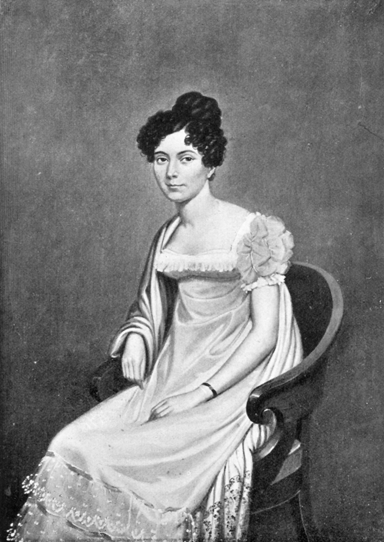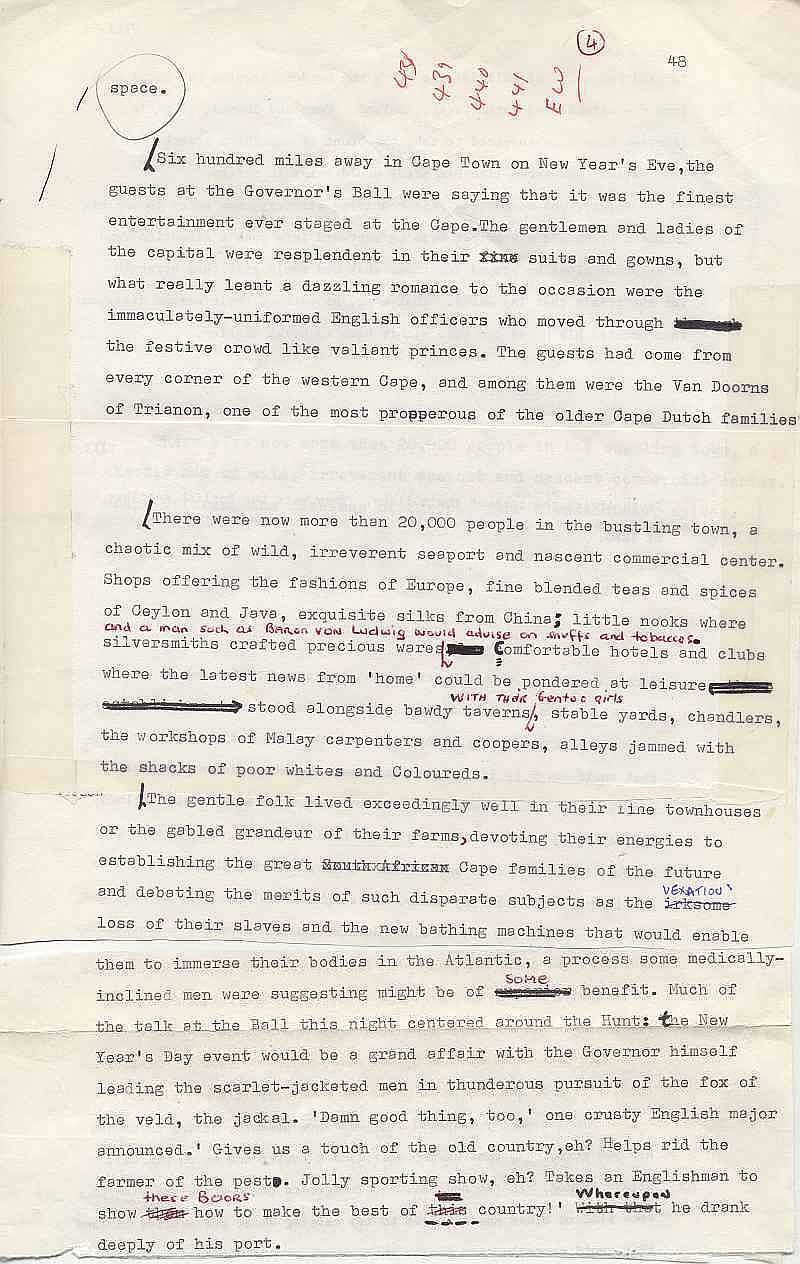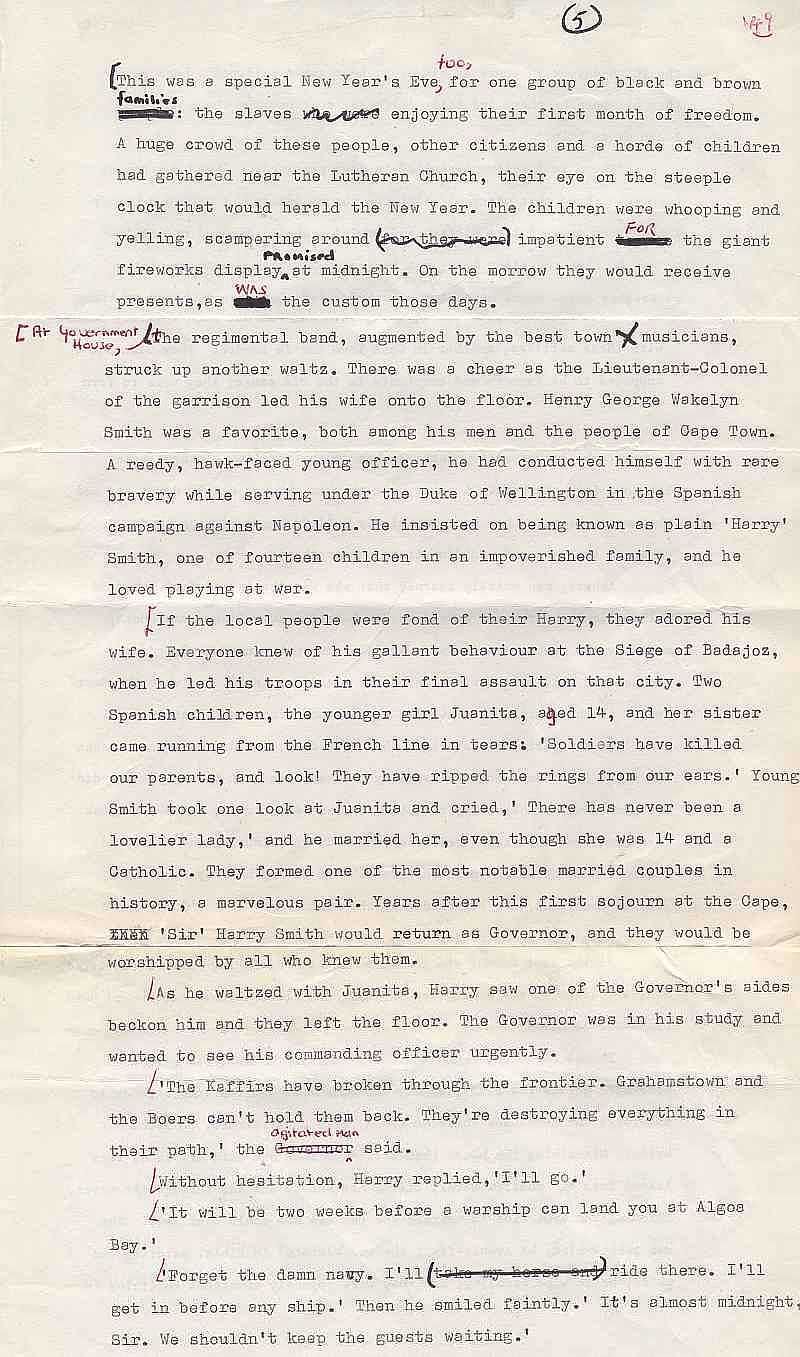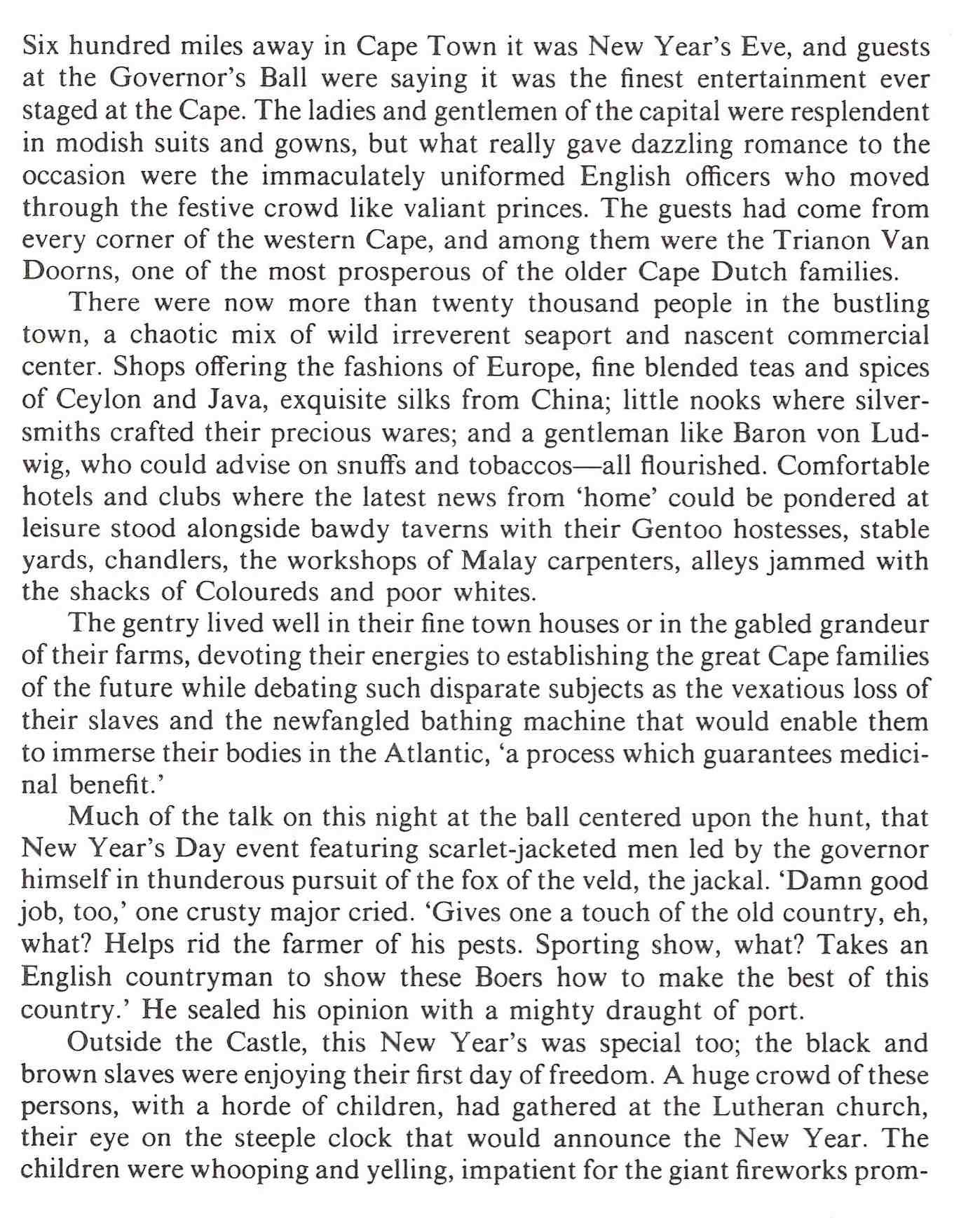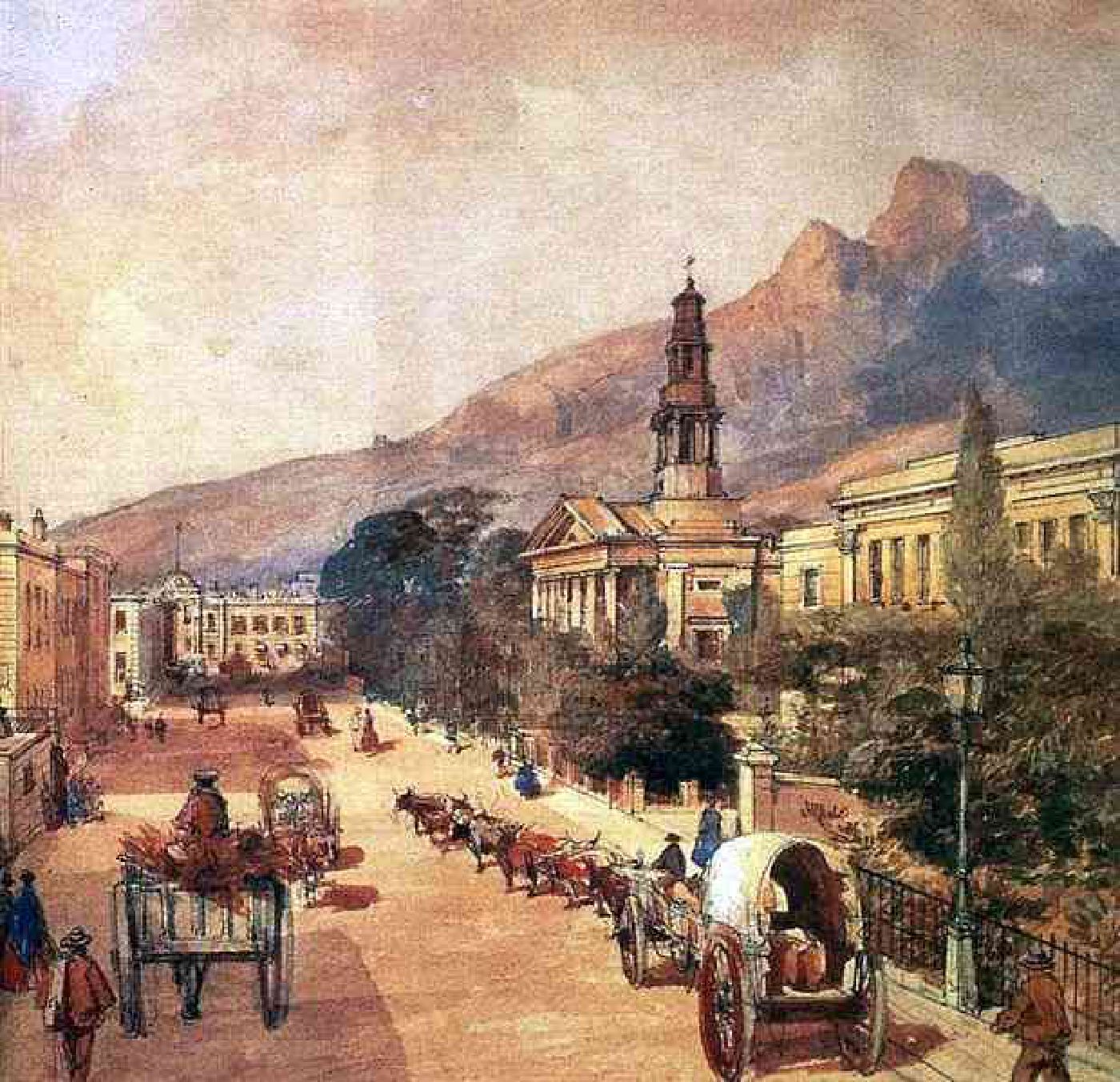
This core chapter presented some of the most challenging problems in The Covenant manuscript. This particular section ran into difficulties because of an underplaying of the English role on the frontier and an exaggerated image of the Boer/ Voortrekker as hero. As I wrote in my research overview of Michener's first draft:
I am not trying to destroy the 'heroic' image of the Boer/Voortrekker - just attempting to bring some perspective. The narrow image of ill-done Boer preyed on by English authority is just not good enough for the 1980s. What we have here is a stylized, mythological Afrikaner interpretation: I could go on for pages, but let's leave it for discussion. To say none of you Boers could have fought/that the town would have been undefended is just wrong. As is this whole suggestion of a war in 1833 in which at scattered farms all along the frontier English wives and children had been slain.
And all wondered what the outcome would be when the defence of the town had to depend upon a professional military that simply was not in existence. NO - Ignores 4-5,000 British troops in colony. - In December 34/35 when the 6th Kaffir War broke out, Col. (then) Harry Smith and d'Urban were able to go to frontier." At the end of March his first troops crossed the Keiskamma River near fort Willshire and entered black territory. Two weeks later Sir. Benjamin (d'Urban) himself led a division across the Kei..." and so on.
The English in Cape Town and London will never give up until farmers like the three of us are wiped out But, for example, see the English reaction per Smith/d'Urban when news reached the Cape that 1834 invasion had occurred. It was on New Year's Eve... Harry Smith left immediately riding six hundred miles in six days to take command at the frontier. Within 14 days the Gov. d"Urban was in battle dress at the front...
At this point I want to reiterate that I am not trying to knock the central theme of Afrikaner history - I am suggesting that the "great tapestry" be coloured with a slightly more subtle hues. The main theme stands, but in a 1981 version so much more material and knowledge is available than was to a man like Nathan in 1936, (Manfred Nathan, The Voortrekkers of South Africa) one has to take account of it.
What people tend to forget is that the Afrikaner people were at this point split by the very forces that were to separate them, again and again.The verkrampte ('cramped') and verligte ('enlightened') forces. At this stage, as today, the verligtes were in the majority.
Nathan would ignore, for instance, reports such as this in the Commercial Advertiser, 3 September 1836:... a preference in favor of land that costs nothing, over land which must be paid for, subject to burdens which are necessary for support of regular government. To obtain land for nothing, and to escape taxation are motives of emigrants. These have in the past carried the colonists from Table bay to the Fish and Orange river and same are now carrying them to Port Natal Delagoa Bay. The same motives will carry them on till they meet some impassable desert.And so one could go on. Some perspective is desperately needed.
[See also RESEARCH: Debunking myths about the Voortrekker character. ]

Marginal notes and deletions by Errol Lincoln Uys
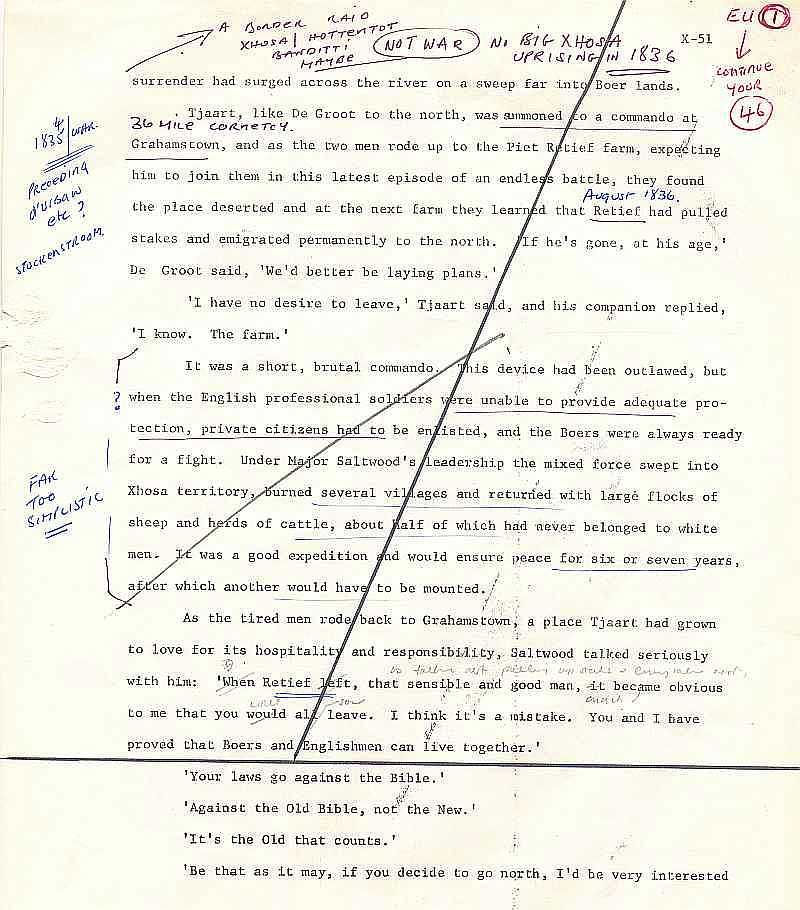
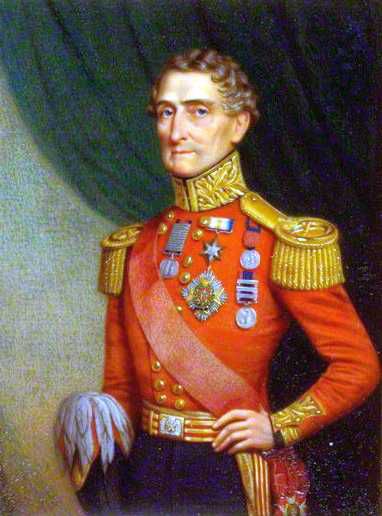
The story of Sir Harry Smith's role in combatting an uprising by the Xhosa on the Eastern Frontier of the Cape Colony
